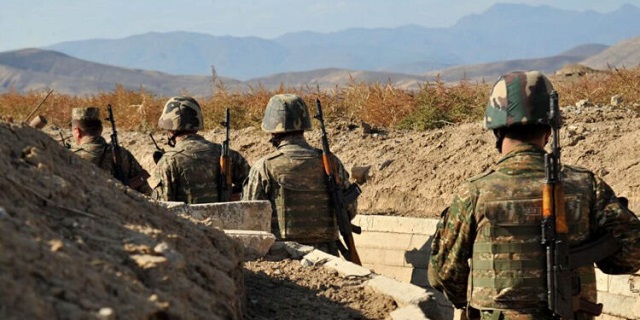In the middle of the last century, the American philosopher Eric Hoffner wrote: “Mass movements can arise and spread without belief in God, never without belief in the existence of the devil. The basis of the mass movement is the fight against the “devil,” and as such, the imperialist, the communist, the kulak, the Jew, the democrat, the landowner can appear.
And indeed, not only politicians but all those people who want to win the sympathy of the mass or merge with that masses present their activities as a “struggle.” No matter how that struggle ends or its consequences, people with such ambitions feel completely satisfied and occasionally remind their “comrades of the struggle”: “Do you remember the times when we were on the barricades?”
The consequence of that revolutionary “romanticism” is a unique self-satisfied attitude, the satisfaction of ambitious aspirations, and all of that ultimately comes from the inexperience of the soul, from not mastering the more complex, more profound methods of self-affirmation.
Another American, Catholic priest Richard Rohr, told about his many years of experience as a priest in prison. “As a priest, I should have been happy when the convicts announced they were converted, dedicated to God. But that did not make me happy because the newly acquired faith of those people was one-sided, limited, and dogmatic. Their previous experience did not allow them to understand life’s complexity.”
In our highly divided society, people cling too much to the “barricades” they once built. Naturally, those “barricades” are physical and virtual; one can say social networks.
Meanwhile, the only trench we need to be in is the trench of actual war against the enemy. A war that is not over, and on the contrary, sooner or later, it will flare up with new force.
Aram ABRAHAMYAN


















































